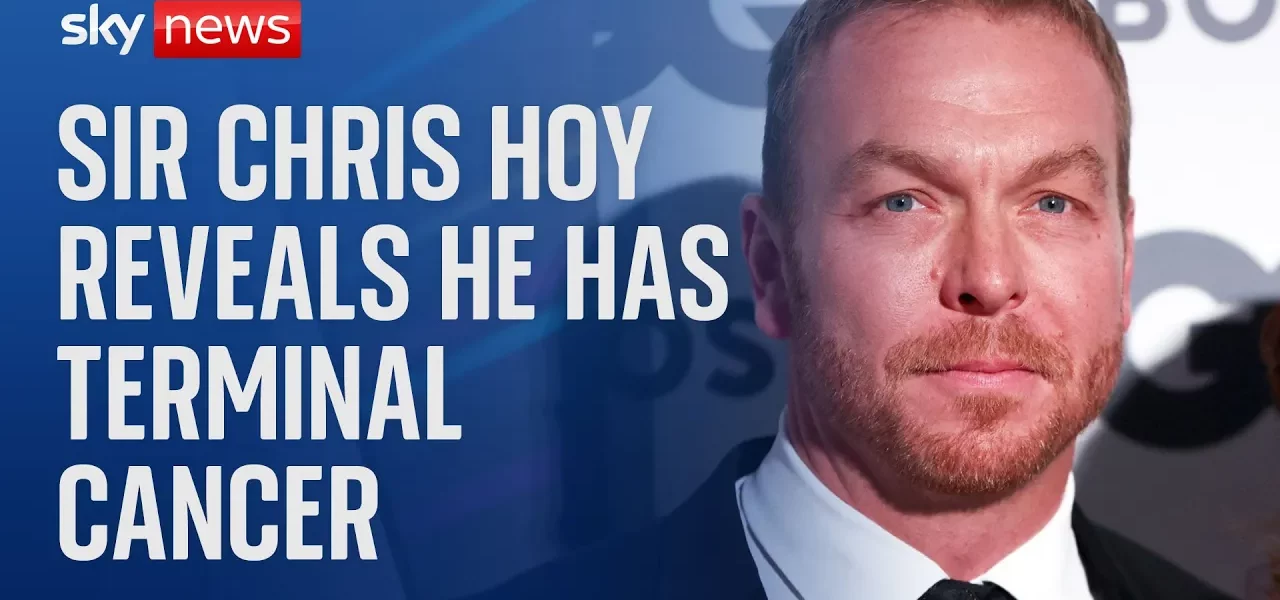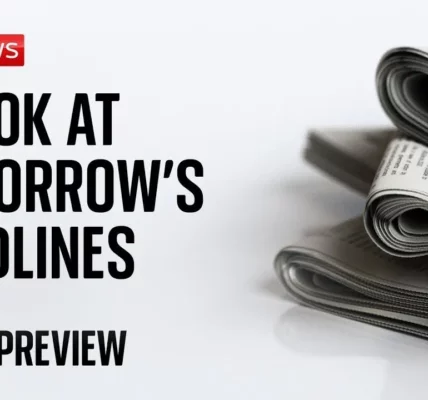Olympic Champion Sir Chris Hoy Reveals Terminal Cancer Diagnosis

In a heart-wrenching revelation, Sir Chris Hoy, the celebrated Olympic champion, shares his battle with terminal cancer, highlighting both his personal struggles and his determination to raise awareness about the disease.
Introduction
Sir Chris Hoy, known for his incredible achievements on the cycling track, has recently opened up about a deeply personal and tragic chapter in his life. In an exclusive interview with the Sunday Times, he disclosed that he has been diagnosed with terminal cancer, and doctors have given him a prognosis of just two to four years to live. This news has sent shockwaves through the sports community and beyond, as Hoy has always been seen as a symbol of strength and resilience. In this article, we delve into his journey from diagnosis to how he is coping with this life-altering news.
Background on Chris Hoy’s Cancer Diagnosis
In February, Sir Chris Hoy revealed to his fans that he was battling cancer, but did not disclose the specifics of his diagnosis at that time. With a history of being one of Britain’s most decorated Olympians, this news came as a surprise to many. However, more details have emerged since then, illustrating the severity of his condition.
Initial Symptoms and Diagnosis
Hoy’s health struggles began with what he initially thought was a simple shoulder strain. After experiencing persistent pain, he sought medical advice, leading to a scan that revealed a tumor on his shoulder. Follow-up tests indicated that the cancer had progressed further:
- Primary cancer found in his prostate
- Metastasis to bones including the shoulder, pelvis, hip, spine, and rib
Understanding Terminal Cancer
Being diagnosed with terminal cancer means that the disease is advanced and unlikely to be cured. This news not only impacts the patient but also their family and community. Hoy’s situation emphasizes the importance of early detection and ongoing health monitoring.
Impact of Chemotherapy and Personal Struggles
In his interview, Sir Chris Hoy candidly discussed the brutal realities of undergoing chemotherapy. His experience was not only physically taxing but emotionally challenging as well. He described a particularly harrowing moment when he suffered a severe allergic reaction to the treatment.
Emotional and Physical Toll
The side effects of chemotherapy can be overwhelming, and Hoy’s account sheds light on the emotional burden that comes with cancer treatment:
- Severe fatigue and weakness
- Physical pain and discomfort
- Emotional struggles, including fear and anxiety
Family Challenges
Adding to the complexity of his situation, Hoy revealed that his wife has also been diagnosed with multiple sclerosis during this challenging time. This dual diagnosis has placed immense pressure on their family.
Resilience and Raising Awareness
Despite the devastating news, Sir Chris Hoy is determined to maintain a positive outlook. He aims to use his platform to raise awareness about cancer and the importance of health screenings. His approach embodies the same resilience that he displayed throughout his athletic career.
Positivity in Adversity
Hoy’s optimistic mindset is inspiring. He has shared his hope that by being open about his diagnosis, he can encourage others to take their health seriously and seek medical attention when needed.
Awareness Campaigns
Through interviews and his upcoming memoir, Hoy plans to engage in various awareness campaigns. His goal is to educate the public on:
- The importance of early detection of cancer
- Understanding the symptoms of prostate cancer
- Supporting those affected by cancer
Conclusion
Sir Chris Hoy’s revelation about his terminal cancer diagnosis is a poignant reminder of the fragility of life, even for those who appear strong and healthy. His candid discussion about his journey through cancer and the impact on his family highlights the need for greater awareness and support in the fight against cancer. As he continues to inspire others with his resilience, it is crucial for fans and the community to rally around him and support cancer research initiatives. If you or someone you know is facing similar challenges, consider reaching out for support or learning more about cancer awareness efforts.
“`




